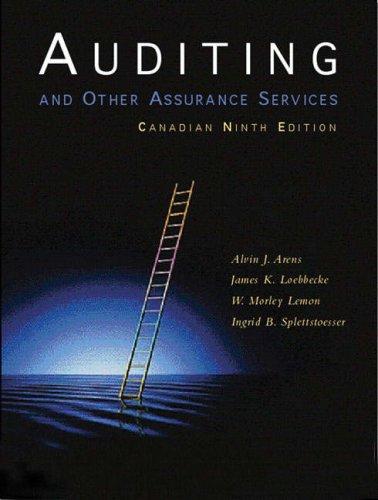Type of Bond Description Bonds that offer a lower coupon rate than the market interest rate for a similar bond at the time of issue Bonds that pay coupons in the form of additional bonds Suppose you invested in company A's bonds and the company used a large amount of that debt to acquire another firm. (Such a deal is called a leveraged buyout.) This deal led to significant losses for bondholders and had a negative impact on the firm's credit risk. and the value of its outstanding ,the yield to maturity will In such a situation, the company's bond rating is likely to bonds will Due to the impact that sudden events could have in the value of bonds, event risk covenants, or provisions, are included in the issuance of some corporate bornds This covenant allows the issuer to pay off the remaining debt early. The issuer can call its outstanding bonds at a call price equal to the market price of a similar noncaliable bond. Such a covenant is called a . Convertible bonds, warrants, and other exotic bond features As the name suggests, convertible bonds allow the owner the option to convert the bonds into a fixed number of shares of common stock Jorge bought APJ Inc.'s convertible bond at par ($1,000) with a yield of 3.25 % . This bond had a conversion ratio of 25:1 at the price of $40 per share. If AP) Inc.'s shares are currently trading at $35 per share, should Jorge convert his bond into shares? Which of the following best describes the difference between a convertible bond and a warrant? O Convertible bonds give the investor the option to buy shares at a certain price, whereas warrants give the investor the option to exchange bonds for shares at a certain price. O Convertible bonds give the investor the option to exchange bonds for shares at a certain price, whereas warrants give the investor the option to buy shares at a certain price. Consider the case of an investor, Nazim: Nazim wants to include putable bonds in his investment portfolio. Nazim is likely to put the bonds when: O He expects to use the cash when the bond matures O He is in need of cash Nazim also recently bought bonds with a clause stating that interest will be paid based on the inflation rate. When the inflation rate increases. the interest on the bonds will also increase. Nazim has invested in








